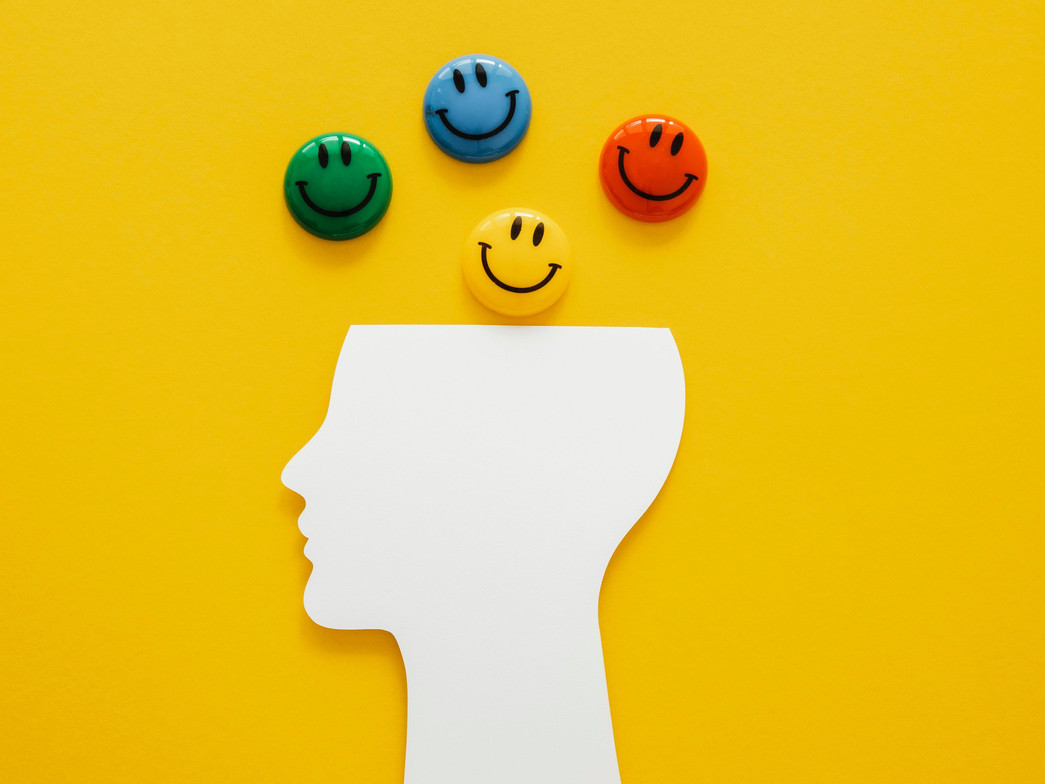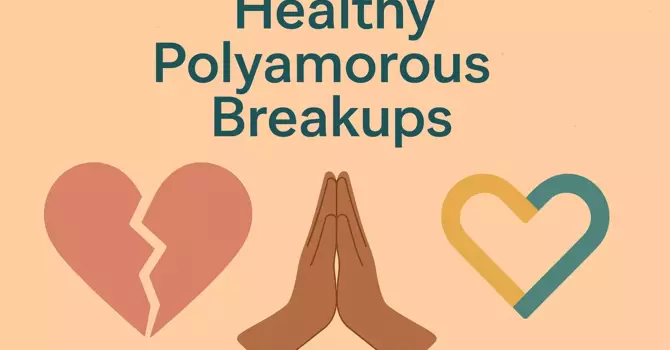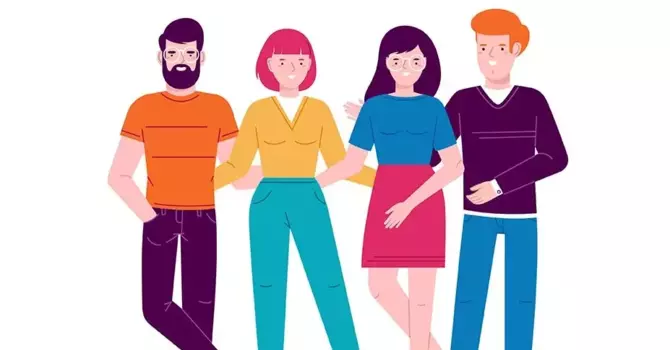Taking care of our mental health is one of the most important (and rewarding) things we can do. While that seems fairly obvious at this point, what’s not so easy to figure out sometimes is precisely where to turn for help – and how to find knowledgeable and affirmative mental health resources for queer, kink, and polyamorous individuals. It might take a little more homework to find the best options for help for members of these communities out of the mainstream, but the good news is help is available – and there are some tools online that can help you get started.
A Place for Anyone to Start
If you or a loved one is experiencing a mental health crisis – or feel like one is looming – don’t wait to reach out. Luckily, there are several helplines and text lines that can be a good starting point in situations like this.
Anyone can call, text, or chat with the 988 Lifeline 24 hours a day, connecting with crisis counselors trained in a national network of more than 200 local crisis centers who can offer free and confidential support and counseling to people experiencing emotional distress. It’s a newer, easier way to reach the former Suicide & Crisis Lifeline, which can still be reached by calling the former number, 800-273-8255. But now, calling or texting 988 can get you to help even quicker than before. Even better, specific services are now offered when you contact the 988 Lifeline: Callers can follow prompts to reach a Veterans Crisis Line, for example, as well as a Spanish Language Line. There’s also an option to be connected to crisis counselors who are specifically trained to help LGBTQIA+ callers.
Resources Specifically for LGBTQIA+ People
Mental health challenges are sadly all too common for those in the LGBTQIA+ community. Whether it’s stigma, prejudice, stereotypes, or difficulty in finding the right resources, not to mention health insurance gaps and overall injustices, they’re far more likely to suffer from depression and other mental health conditions.
The Human Rights Campaign Foundation’s analysis of the 2022 Behavioral Risk Factor Surveillance System, a survey of American adults, found that LGBTQ+ adults were nearly twice as likely (39.1% compared to 19.1%) to report they were diagnosed with depression. More than 30% said they had poor mental health for at least half of the previous 30 days – again, more than twice the 13.9% rate of non-LGBTQ+ adults.
LGBTQ+ youth in 2022 were surveyed, with more than half screening positive for depression, and more than 60% screening positive for anxiety. About 30% screened positive for severe psychological distress.
Because of these alarming rates and a clear need for help, there are several resources specifically for LGBTQIA+ youth and adults. Let’s run through some of the options:
- Trans Lifeline: 877-565-8860
- LGBT National Youth Talkline (for youth): 800-246-7743
- TrevorLifeline (for youth): 866-488-7386
- TrevorText (for youth): Text “START” to 678-678
- Lifeline (for adults): 800-273-8255
- Crisis Text Line (for adults): Text “HOME” to 741741
- LGBT National Hotline (for all ages): 888-843-4564
Find LGBTQIA+, Kink, and Polyamorous-Informed Help
Helplines and text chats can be an invaluable resource and way to find help immediately for those experiencing a mental health crisis – but they’re not a long-term solution for achieving overall mental health and peace. People who reach out to these helplines are connected with resources for ongoing support after the phone call or text session is done.
But what if you or a loved one isn’t at a crisis point yet? What if you are ready to get those ongoing resources lined up right now? There are options for you.
Consider checking online directories to find counselors and therapists who are knowledgeable about your unique needs that mainstream professionals might not understand. For example, the National Coalition for Sexual Freedom maintains a helpful Kink and Polyamory Aware Professionals Directory of therapeutic, medical, and legal professionals who can offer their assistance and expertise specifically for you.
Psychology Today is another resource, with its listing of LGBTQ+ affirming therapists and psychologists that can help you find local or online help from professionals who understand you and your needs.
Inclusive Therapy Group Can Help
The good news is if you’re reading this blog, you’re already in the right place to get help that is informed and accepting of your mental health needs as a member of the LGBTQIA+, kink, or polyamorous communities. Inclusive Therapy Group’s team of experts are proud to help people of all walks of life, ages, and backgrounds get competent, knowledgeable assistance with their mental health struggles and goals.
Since its founding in 2018, Inclusive Therapy Group has been recognized by both the National Coalition for Sexual Freedom and Psychology Today as a provider of mental health resources for queer, kink, and polyamorous individuals. Because it offers its services entirely online, people in a growing number of states can reach out for the help they need and get connected to a therapist or counselor at their convenience. We’re proud to offer our telehealth services to residents of Colorado, Florida, Kansas, Maryland, Massachusetts, Minnesota, North Carolina, Ohio, Oregon, Texas, Virginia, Washington, and Washington, D.C.
We also offer helpful resources on our website, such as blogs about navigating online dating as an LGBTQ+ person or the warning signs of emotional abuse or manipulation in Dominant/submissive relationships. We’re here to help. Contact us online or call 954-281-2565, and let’s get started on the road to mental health wellness today.







